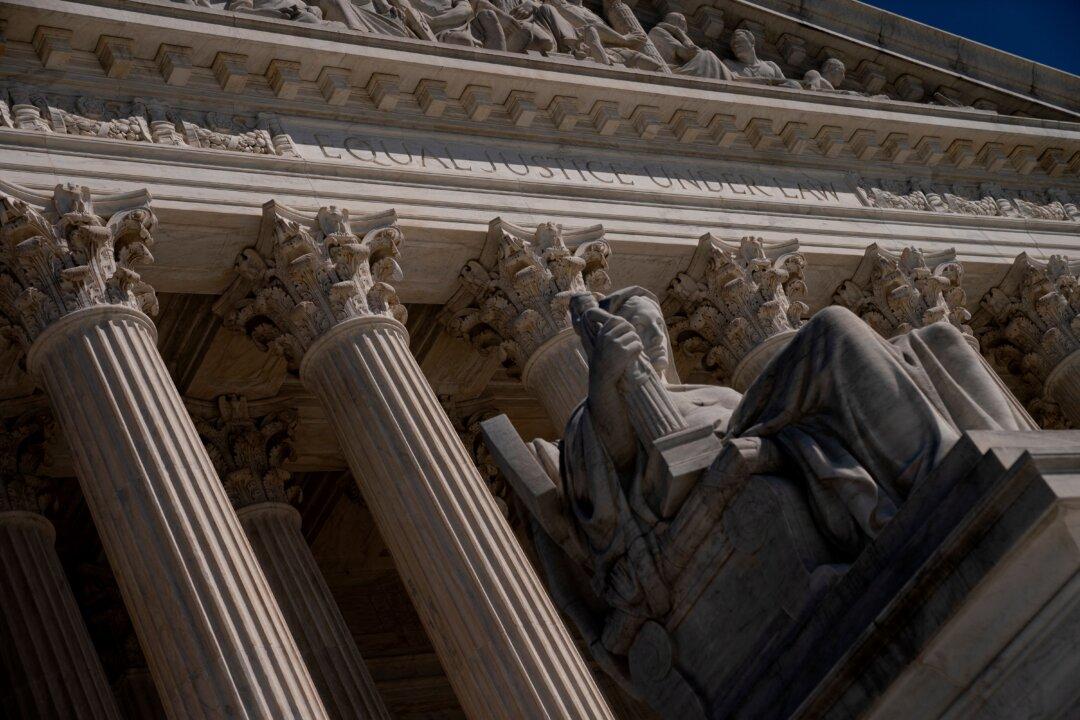The U.S. Supreme Court on March 27 rejected a challenge to a redrawn congressional map for Kansas.
The Supreme Court did not release a tally of which justices, if any, would have heard the challenge to a ruling from the Kansas Supreme Court. Four justices must approve the type of challenge made, a writ of certiorari, for it to be heard.





